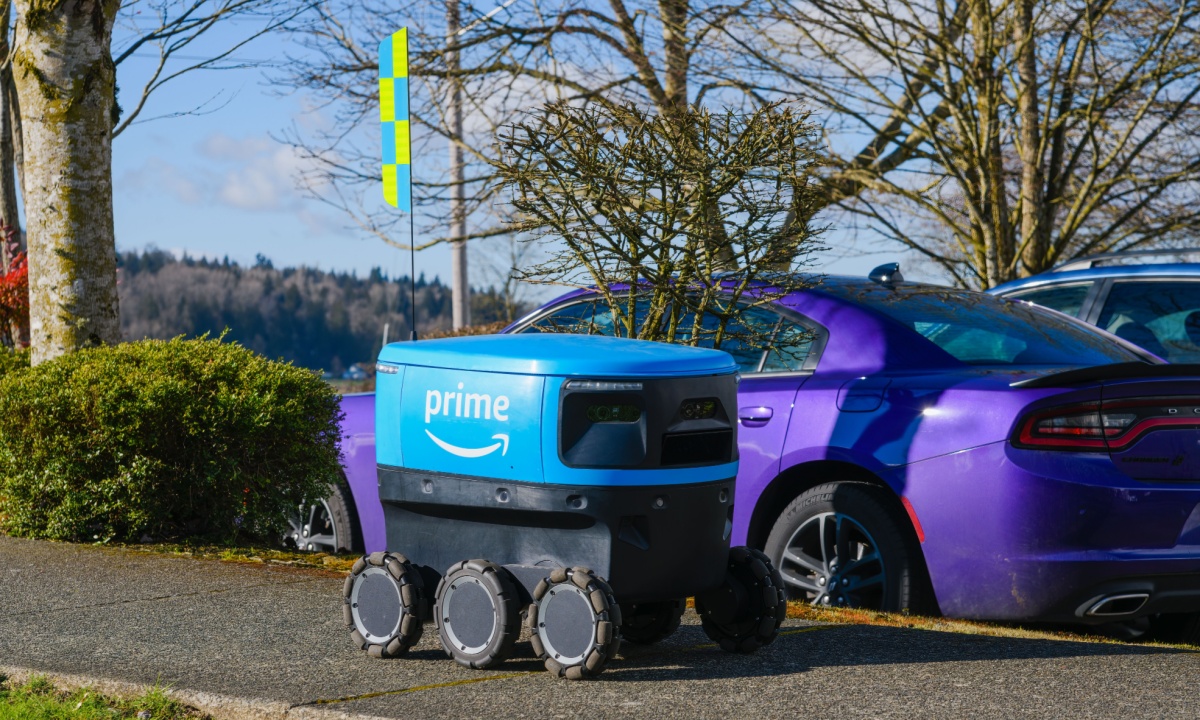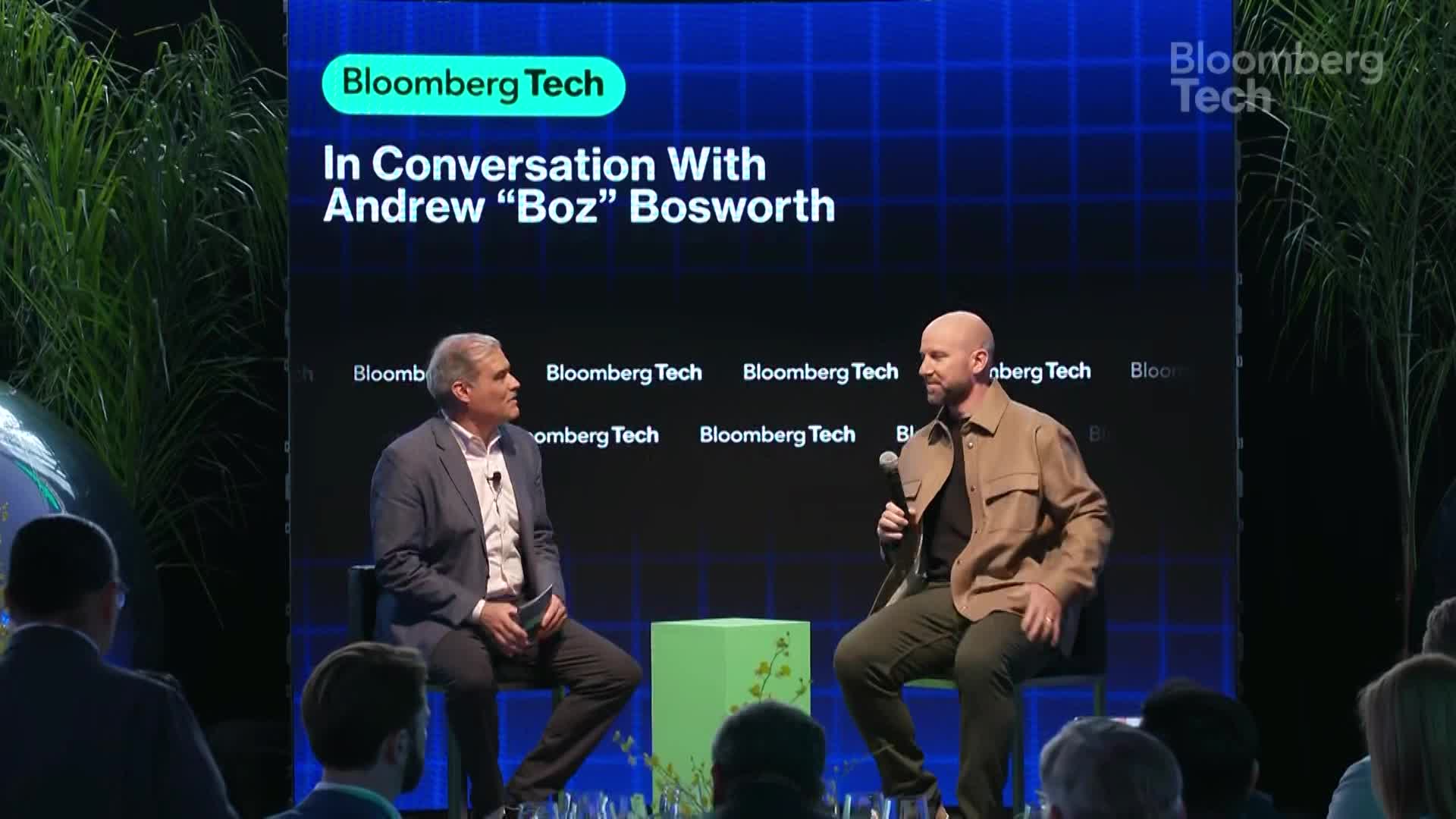
Artificial intelligence (AI) is no longer a distant technological concept—it has become a central force driving transformation across the global job market. From automation in manufacturing to intelligent systems in healthcare, finance, and education, AI is fundamentally reshaping how work is accomplished. Industry experts and economists are now warning that this rapid technological shift is not only disrupting traditional professions but also diverting the course of future job creation and skill development.
According to recent research by consulting firms and labor organizations, automation and AI technologies are replacing tasks previously carried out by humans, particularly those involving repetitive or routine functions. Sectors such as transportation, customer service, and data entry are experiencing accelerated job displacement as companies adopt AI systems for efficiency and cost reduction. For example, automated customer support systems powered by natural language processing and machine learning are increasingly replacing human call center operators.
However, while AI is causing some roles to disappear, it is also creating demand for new types of jobs. Emerging positions in AI development, data science, cybersecurity, and technology ethics are gaining prominence, requiring advanced technical knowledge and interdisciplinary expertise. As a result, the workforce is being urged to upskill through continued education and training in order to stay relevant.
Educational institutions and governments are responding to the shift by introducing AI-centric curricula and funding retraining programs. Still, the pace of adoption often outstrips the rate at which workers can reskill, raising concerns about long-term job displacement and socioeconomic inequality.
Labor advocates stress the importance of responsible AI implementation, emphasizing ethical considerations, transparency, and collaboration between public and private sectors to ensure inclusive economic growth. Policymakers are also exploring strategies such as universal basic income and employment transition programs to cushion affected workers.
In conclusion, as AI continues to evolve and integrate into everyday business operations, it presents both opportunity and challenge. The way societies and economies navigate this transition will play a crucial role in determining whether AI serves as a tool for advancement—or adds to the growing divide in the labor market.
Source: https:// – Courtesy of the original publisher.








